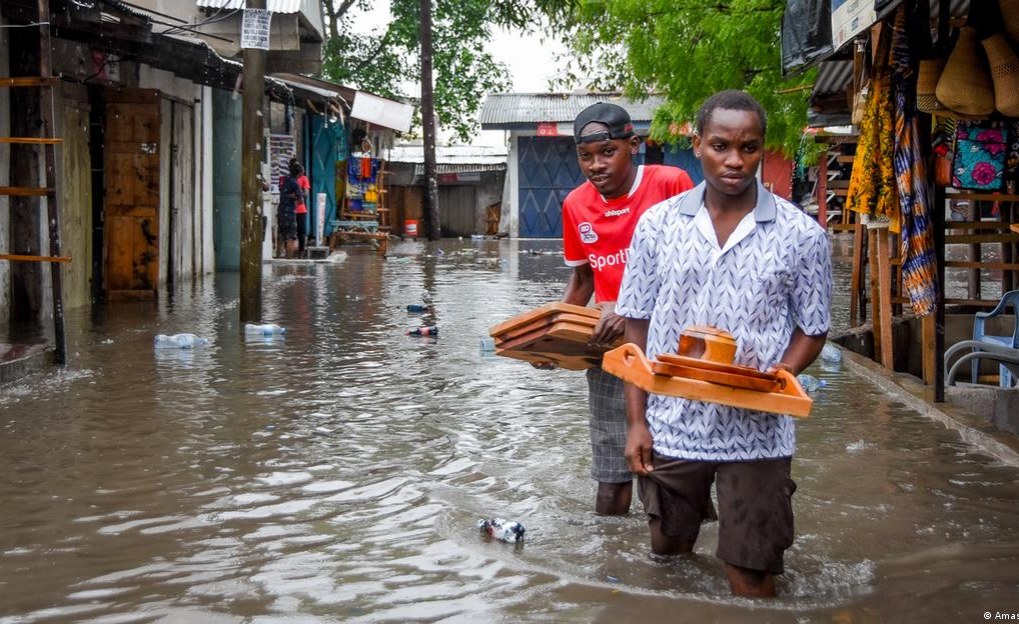The lush, thick rainforests that run along the border between Liberia and Ivory Coast have witnessed unimaginable horrors over the past few decades. In the 1990s, waves of refugees from Liberia trekked through the almost impenetrable bush to escape the violence engulfing the country. The UN states sexual violence was a “characterising feature” of the Liberian civil war; few perpetrators were ever prosecuted.
The forests bore witness to a similar exodus early in the following decade, this time in the form of Ivorian refugees fleeing fighting in their own country – as happened again in 2010, when Ivory Coast’s disputed presidential elections sparked a second civil war. Thousands of Ivorian refugees made the same journey back into Liberia, many with stories of sexual violence, rape and murder; again, there were no prosecutions.
This week’s ending sexual violence in conflict global summit aims to change that. More than a 140 countries have signed a declaration on ending sexual violence during conflict, championed by William Hague, the UK foreign secretary, and Angelina Jolie, the special envoy for the UN high commissioner for refugees.
Among the summit’s attendees will be Kim Thuy Seelinger, director of the sexual violence programme at the University of California’s human rights centre. She has helped develop the international protocol on the documentation and investigation of sexual violence in conflict, which will be launched this week. She says cases too often go undocumented, with the resulting lack of evidence preventing prosecutions. In Liberia and Ivory Coast, atrocities took place in remote areas or in situations of intense fighting and chaos; getting credible evidence from victims desperately in need of shelter, food or psychological support is a huge challenge…
South Africa Today Africa – West Africa Liberia News








